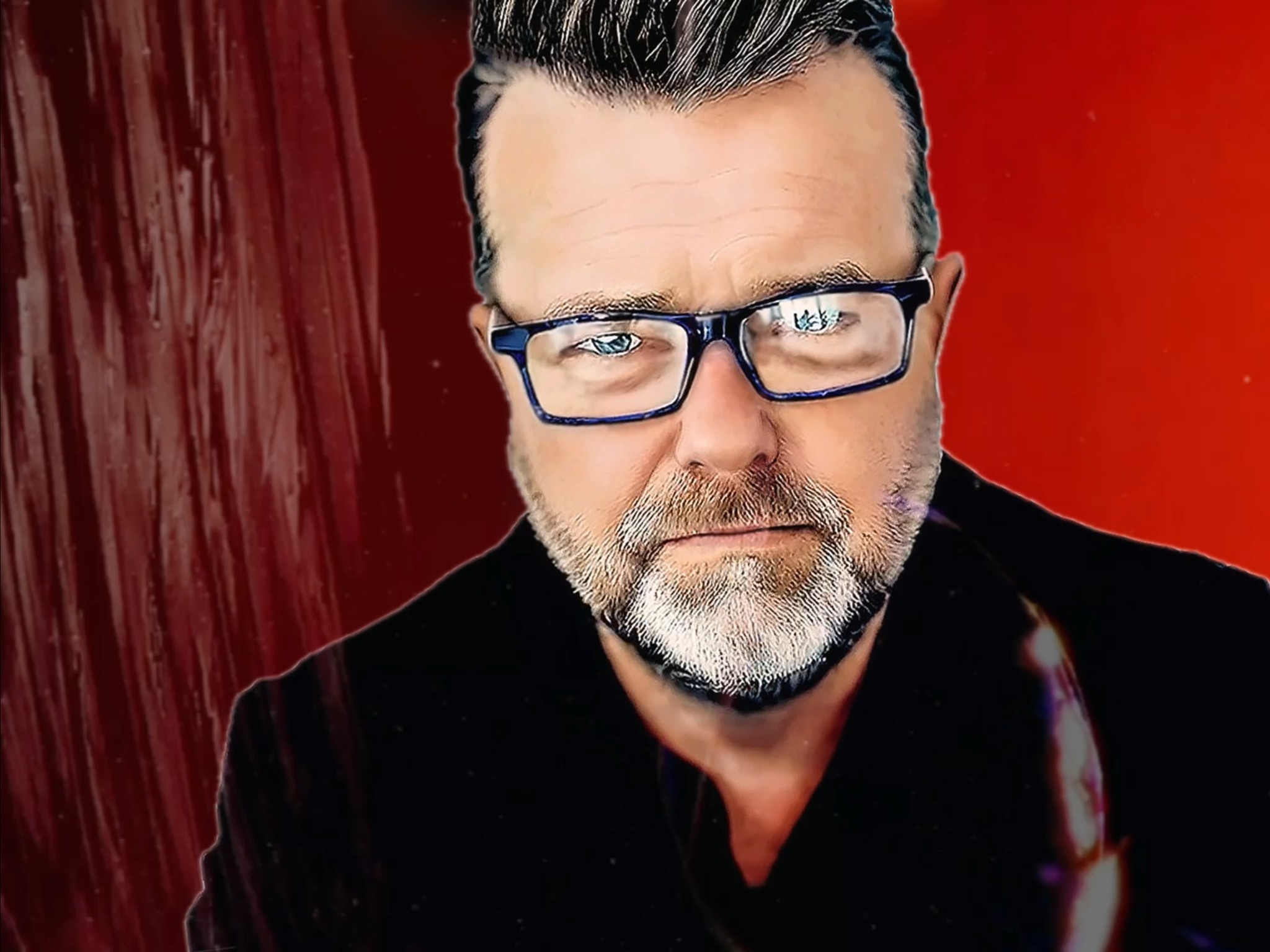Ever wonder if therapy could actually help you sort out stress or just help you feel more in control? For many people, Cognitive Behavioral Therapy (CBT) has been that tool—a way to handle everything from work anxiety to full-on mental health challenges.
If you’ve ever felt caught in a cycle of stress, negative thinking, or self-doubt, you’re definitely not alone. Maybe it’s those self-criticisms that keep showing up, or maybe it’s stress that keeps you up at night. A lot of us deal with these feelings, and it’s easy to wonder, “Is there a way to make this better?” I get it because I’ve been there too, looking for something that works.
Well, that’s where CBT comes in. It’s not just a buzzword; it’s a highly effective, research-backed approach to dealing with everything from everyday stress to serious mental health conditions. But what’s it all about, and could it be what you’re looking for? Let’s break it down.
Let’s face it, managing mental health can feel complicated. You may know that certain thoughts aren’t helping, but that doesn’t make them go away. CBT is about getting a handle on those thought patterns and turning them into something more constructive. It’s essentially about learning how to manage your mind—kind of like upgrading your mental operating system.
What is CBT, Anyway?
Cognitive Behavioral Therapy, or CBT, is a therapy approach that looks at how your thoughts, feelings, and behaviors all connect. Here’s the thing: your thoughts directly impact how you feel, which then influences your actions. If your thoughts are negative or unrealistic, they can create a downward spiral. CBT helps you spot and change those patterns, giving you a sense of control over your emotions and actions.
For example, let’s say you’re dealing with impostor syndrome at work. You might find yourself thinking, “I’m a failure” or “I don’t belong here.” These thoughts affect how you feel—anxious, unconfident, even defeated. CBT helps you challenge these thoughts and replace them with ones that are more realistic, like “I’ve been chosen for this role for a reason,” or “I bring unique strengths to my team.”
Challenging Unhelpful Thoughts with CBT
CBT calls these constant negative thoughts “cognitive distortions.” They’re the lens through which you see the world, and if that lens is skewed, your outlook will be too. Let’s say every time you make a mistake at work, you think, “I’m definitely going to get fired.” This thought triggers anxiety, leading you to overwork, which ironically could make you mess up more and reinforce that fear.
CBT would teach you to pause and examine that thought. Have you actually received any negative feedback? Has your boss expressed concerns about your work? Often, the answer is no. By learning to question these thoughts, you’re able to see things more clearly and reduce anxiety. It’s about replacing that unhelpful thought with something more balanced and realistic, which breaks the cycle.
The Benefits of Cognitive Behavioral Therapy
So, why is CBT so popular? Because it works and it’s practical. Here are some specific ways CBT can help:
1. Builds Self-Awareness
CBT helps you become more aware of your thoughts and the impact they have on your mood and actions. Once you start noticing these patterns, you have a better chance of changing them. It’s like becoming the observer of your own mind, which can be incredibly empowering.
2. Teaches Coping Strategies
CBT isn’t just about talking—it’s about giving you practical tools you can use every day. These tools are things you can apply in real-life situations to manage stress and anxiety. So, the next time you feel overwhelmed, you’ll have strategies in place to cope better.
3. Short-Term with Long-Term Benefits
CBT tends to be more short-term than other therapies, often taking a few months instead of years. And the best part? The skills you learn in CBT stick with you, helping you handle challenges down the road. You’ll be able to use what you’ve learned long after therapy ends.
Real-Life Example: How CBT Worked for Me
I used to struggle with self-doubt that seemed to pop up every time I started something new at work. No matter how well things were going, I’d find myself thinking, “I don’t really know what I’m doing here.” Those thoughts weren’t based on reality—they were based on fear.
When I tried CBT, one of the first things I learned was to catch those thoughts in action and ask myself, “Is that thought based on fact or fear?” Slowly, I started replacing those automatic negative thoughts with thoughts that reflected reality. I wasn’t perfect, but I didn’t need to be. Over time, my confidence improved, and those doubts didn’t control me as much.
Should You Try CBT?
Wondering if CBT might be a fit for you? Here are some signs that it could help:
- You struggle with anxiety, stress, or negative self-talk: CBT is one of the most effective therapies for managing anxiety and stress.
- You’re ready to actively participate: CBT works best if you’re willing to put in some work. It’s not a passive process; you’ll be learning techniques and applying them regularly.
- You want practical, actionable tools: If you like the idea of a hands-on approach that gives you specific strategies, CBT could be a great fit.
- You’re open to a new way of thinking: CBT can be transformative, but it requires being open to shifting your mindset and challenging old beliefs.
While CBT is effective for many people, it’s not a “one size fits all” solution. If you’re dealing with severe mental health challenges, other therapeutic approaches might be a better starting point, often combined with CBT for a balanced approach. It’s always best to discuss options with a mental health professional to figure out what’s best for you.
CBT isn’t just about “thinking happy thoughts”—it’s about retraining your mind in a way that’s grounded in reality and genuinely helpful. By practicing these techniques, you can improve your emotional resilience, manage stress better, and feel more confident in handling life’s ups and downs.
If you’ve been feeling stuck or are ready to make a real change, consider giving CBT a try. It’s an empowering approach to mental health that can give you the tools to manage whatever life throws your way.









